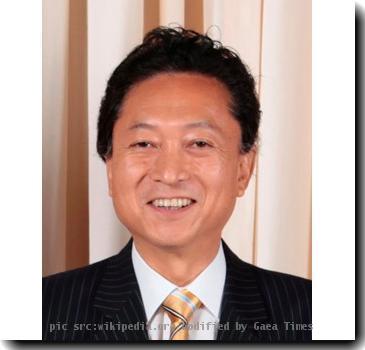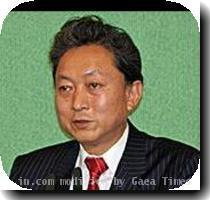US base move at stake in Okinawan mayoral vote
By Tomoko A. Hosaka, APSunday, January 24, 2010
Okinawa election could swing US base issue
TOKYO — Voters in the small Okinawan city of Nago went to the polls Sunday to choose their next mayor, as they do every four years. But this time the results could affect the future of an American military base and even U.S.-Japan relations.
Nago is where Washington and Tokyo agreed in 2006 to move the Futenma U.S. Marine airfield from a more crowded part of the southern Japanese island. The deal was part of a broader realignment of American troops forged after a helicopter from the base crashed into a nearby university.
Japan’s new government — led by a party that was in the opposition when the deal was inked — is reconsidering the agreement, an about-face that has strained ties between the two allies.
Prime Minister Yukio Hatoyama has postponed a decision on Futenma until May. Seen as a litmus test of local sentiment, Sunday’s election result could play a pivotal role in his verdict.
More than half of some 47,000 American troops stationed in Japan are in Okinawa, where many residents complain about noise, pollution and crime linked to the bases.
Nago’s 60,000 residents are increasingly opposed to hosting a new base, which would likely require bulldozing beaches near an existing Marine facility. The issue has sparked intense protests and dominated debate between the two mayoral candidates.
The race pits incumbent Yoshikazu Shimabukuro against challenger Susumu Inamine, who has the support of the ruling Democratic Party and is staunchly opposed to the base.
“We have suffered for 13 years,” he said while campaigning Saturday, according to Kyodo News agency. “But let’s put an end to it in this election. I will not have another base constructed” in Nago.
Shimabukuro supports the base for the jobs and investment it would bring. But he made little mention of that this weekend, arguing instead that the city should not dictate such national decisions and highlighting his achievements as mayor.
The Futenma facility, home to about 2,000 Marines, is one of the corps’ largest facilities in the Pacific. The United States insists the base must stay somewhere in Okinawa so that the Marine units remain cohesive. But some Japanese politicians have suggested moving the facility off the island altogether — or even out of the country.
Under a security pact signed in 1960, U.S. armed forces are allowed broad use of Japanese land and facilities. In return, the U.S. is obliged to respond to attacks on Japan and protect the country under its nuclear umbrella.
Tags: Asia, East Asia, Japan, Municipal Governments, North America, Tokyo, United States, Yukio Hatoyama

